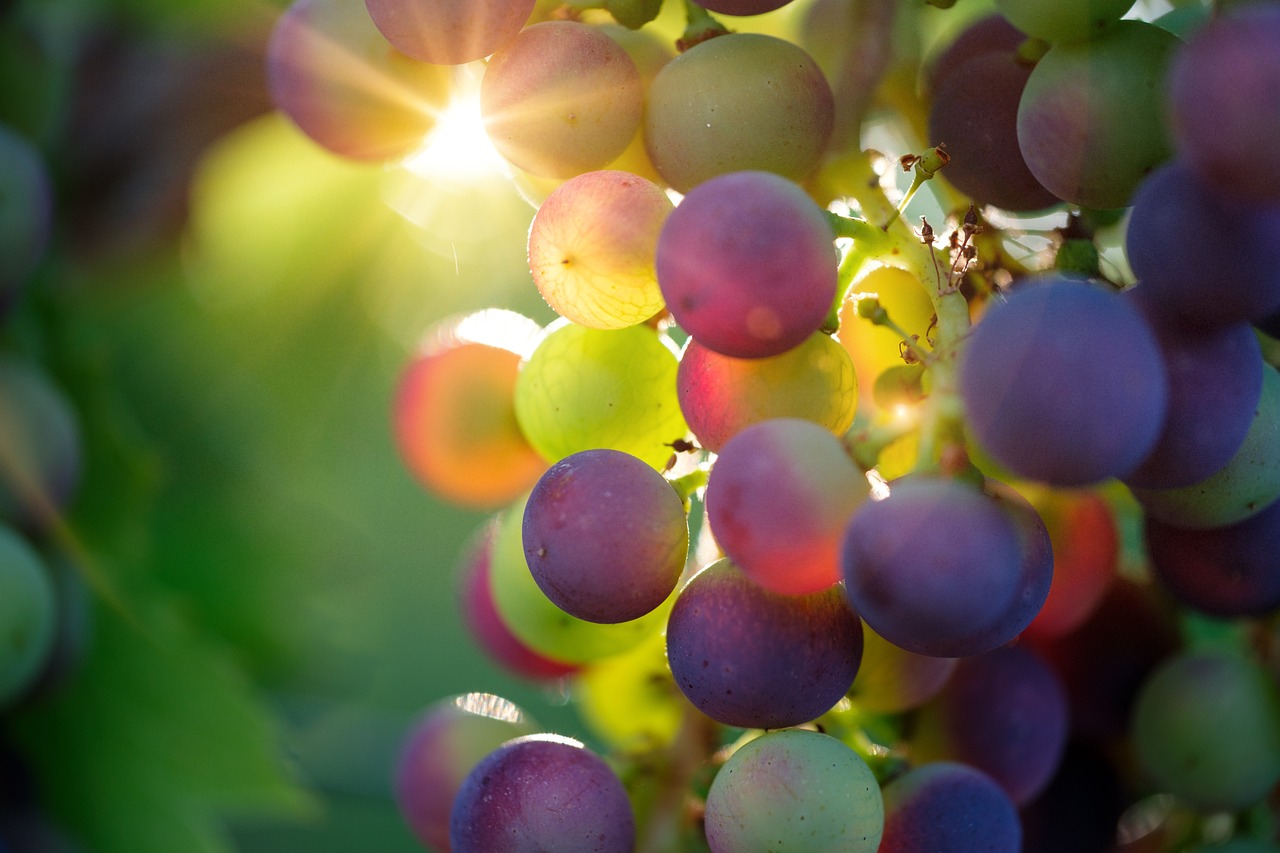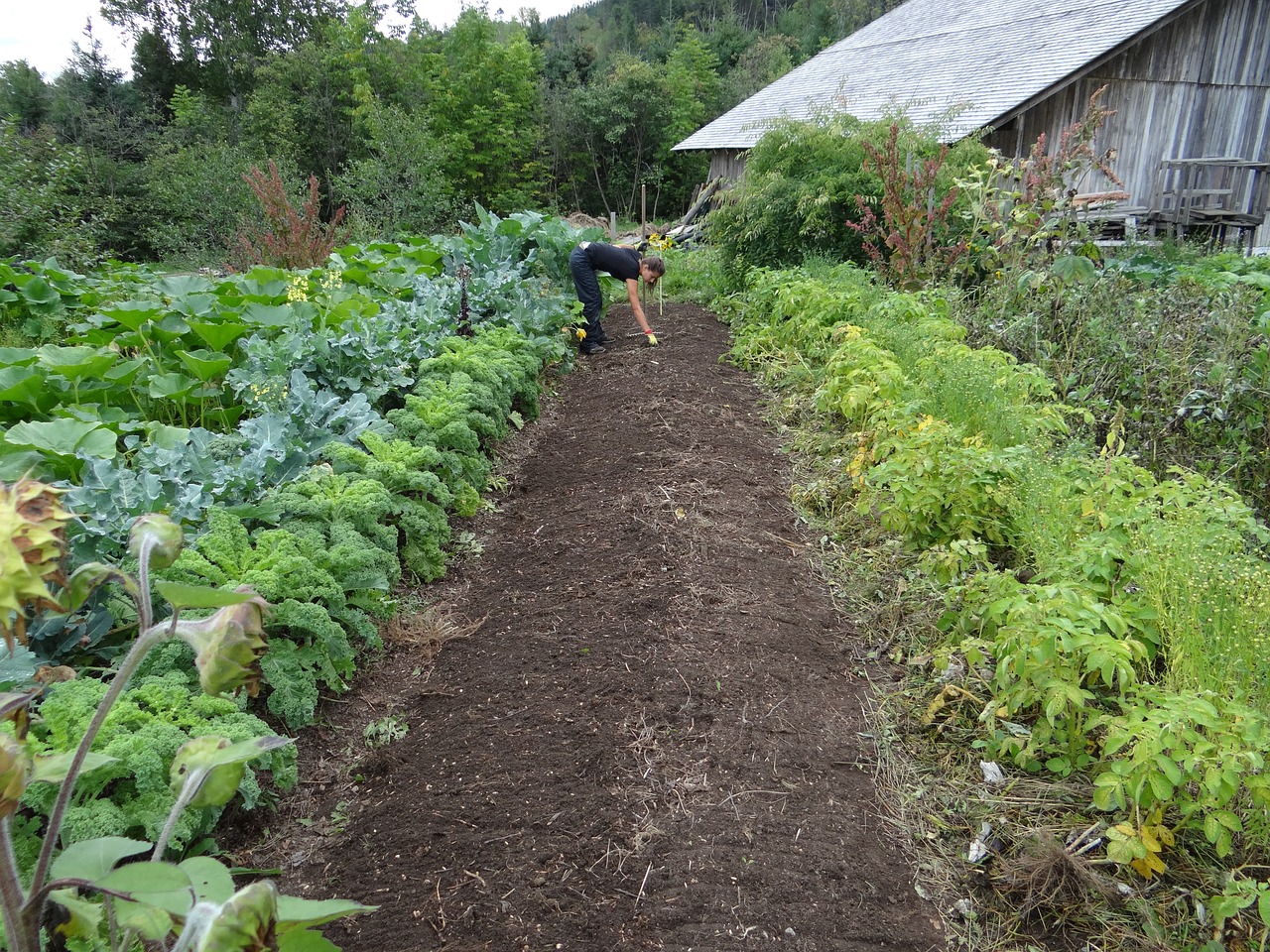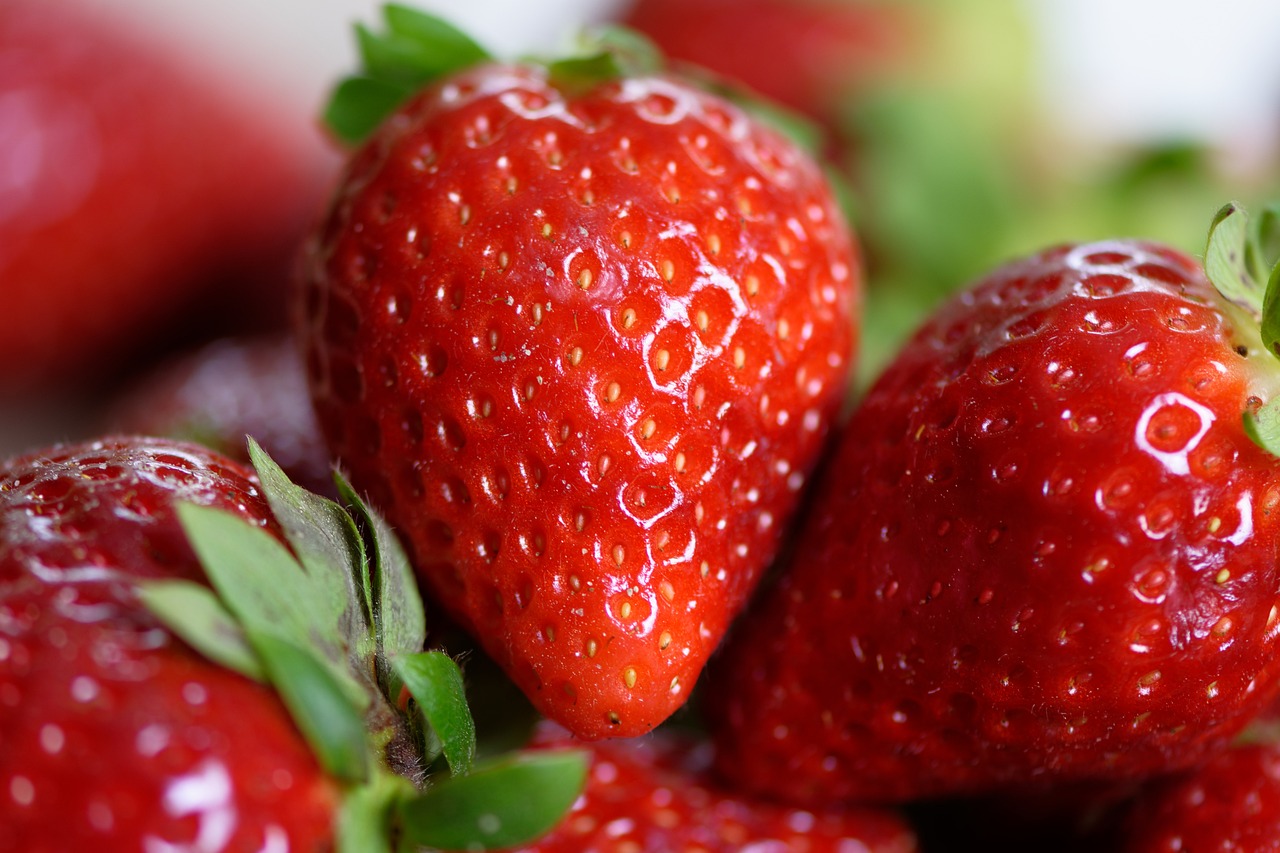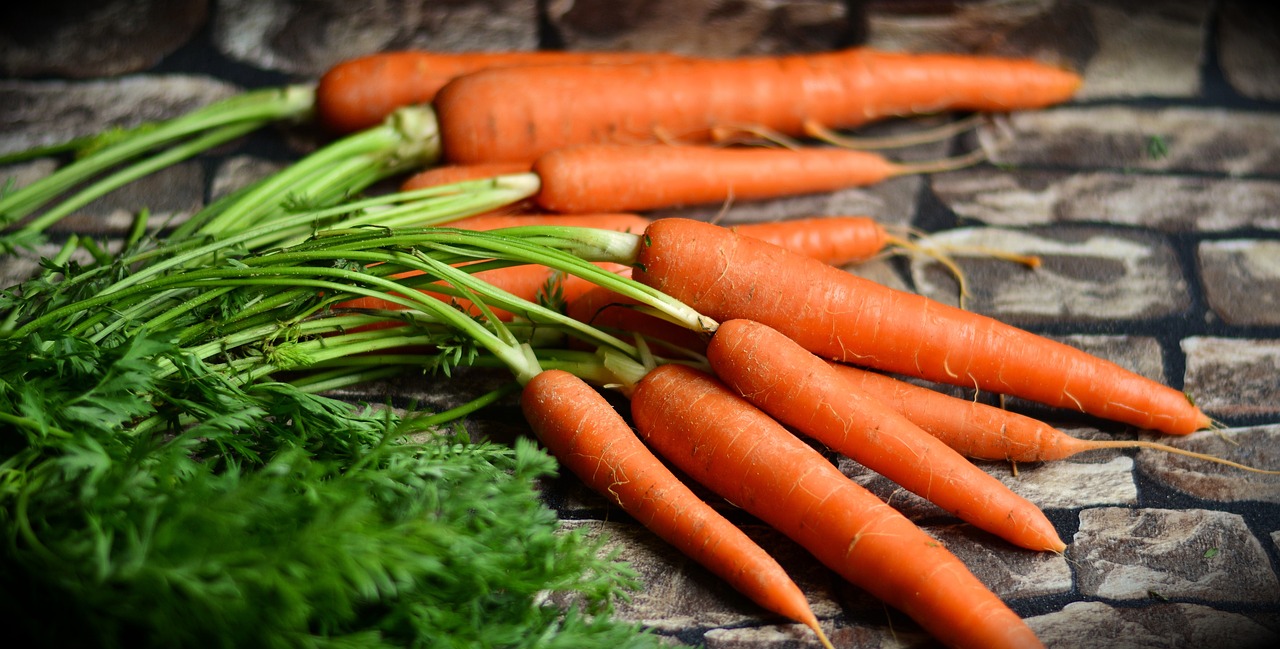The Benefits of Organic Gardening
Organic gardening offers a plethora of advantages that extend beyond just growing your own food. One of the key benefits is the reduced chemical exposure that comes with avoiding synthetic pesticides and fertilizers. By steering clear of these harmful chemicals, organic gardening creates a safer and healthier environment for humans, pets, and wildlife alike. The decision to go organic not only benefits your personal health but also contributes positively to the overall well-being of the ecosystem.
Furthermore, organic gardening practices play a vital role in improving soil health. Techniques such as composting and crop rotation help nourish the soil, enhancing its structure and fostering beneficial microbial activity. This, in turn, leads to sustainable and fertile land that can support the growth of healthy plants and contribute to a thriving ecosystem. Organic gardening is not just about what you grow but also about how you nurture the very foundation of your garden—the soil.
Another compelling aspect of organic gardening is its support for biodiversity. By encouraging a diverse range of plant species, insects, and microorganisms, organic gardens create a balanced ecosystem that can naturally regulate pests and diseases. This approach not only reduces the reliance on harmful chemicals but also promotes environmental resilience by fostering natural interactions among different organisms. Embracing organic gardening means embracing a harmonious and interconnected web of life.
When it comes to the produce itself, organic gardening shines in delivering fresh and nutritious crops. By steering clear of synthetic chemicals, organic fruits and vegetables are not only free from harmful residues but also packed with essential nutrients and flavors. The result is produce that not only tastes superior but also offers enhanced nutritional value, making every bite a wholesome and satisfying experience.
Moreover, organic gardening practices contribute to water conservation efforts. Techniques like mulching and efficient irrigation systems help reduce water evaporation, runoff, and overall usage, promoting responsible water management in gardening. By conserving this precious resource, organic gardeners play a crucial role in sustainable food production and environmental stewardship.
While some may perceive organic gardening as initially costly, it proves to be a cost-effective solution in the long run. By minimizing the need for expensive chemical inputs and promoting self-sufficiency, organic gardening offers a continuous supply of fresh produce while reducing long-term expenses. The investment in organic practices not only pays off in terms of health and environmental benefits but also in financial savings over time.
Furthermore, organic gardening fosters community engagement by bringing people together through local food production, knowledge sharing, and collaborative efforts. It creates opportunities for social interaction, education, and collective action, fostering a sense of belonging and shared purpose among like-minded individuals. Organic gardens not only nourish bodies but also cultivate strong and resilient communities.
Lastly, engaging in organic gardening activities has been linked to numerous mental health benefits. From reducing stress and improving mood to enhancing overall well-being, gardening connects individuals with nature, instills a sense of accomplishment, and promotes relaxation and mindfulness. The act of tending to a garden not only nurtures plants but also nurtures the mind and soul, offering a therapeutic escape from the hustle and bustle of everyday life.

Reduced Chemical Exposure
Exploring the advantages of organic gardening practices for both the environment and personal health, including reduced chemical exposure, improved soil health, biodiversity support, and fresh, nutritious produce.
By avoiding synthetic pesticides and fertilizers, organic gardening minimizes harmful chemical exposure to humans, pets, and wildlife, promoting a safer and healthier living environment. The use of organic methods ensures that the fruits and vegetables grown in your garden are free from toxic residues, allowing you to enjoy fresh produce without worrying about the negative effects of chemical exposure.
Organic gardening practices such as composting and crop rotation help nourish the soil, enhance its structure, and promote beneficial microbial activity, leading to sustainable and fertile land. Organic gardening encourages the presence of diverse plant species, insects, and microorganisms, fostering a balanced ecosystem that can naturally control pests and diseases while promoting overall environmental resilience. By growing fruits and vegetables without synthetic chemicals, organic gardening produces nutrient-rich, flavorful crops that are free from harmful residues, offering superior taste and enhanced nutritional value to consumers. Organic gardening methods such as mulching and efficient irrigation systems help conserve water resources by reducing evaporation, runoff, and overall water usage, promoting sustainable and responsible gardening practices. While initial setup costs may be higher, organic gardening can be cost-effective in the long run by reducing the need for expensive chemical inputs, promoting self-sufficiency, and providing a continuous supply of fresh produce. Organic gardening fosters community engagement by promoting local food production, sharing knowledge and resources, and creating opportunities for social interaction, education, and collaboration among like-minded individuals. Engaging in organic gardening activities has been shown to reduce stress, improve mood, and enhance overall mental well-being by connecting individuals with nature, providing a sense of accomplishment, and promoting relaxation and mindfulness.1. Does organic gardening require a lot of time and effort?
Organic gardening does require some initial effort for setting up composting, mulching, and other practices, but it can actually save time in the long run by reducing the need for constant maintenance and chemical applications.
2. Can organic gardening be done in small spaces?
Yes, organic gardening can be practiced in small spaces such as balconies, patios, or even indoor containers. Utilizing vertical gardening techniques and selecting compact plant varieties can maximize space efficiency.
3. Are organic gardening products more expensive?
While organic products may have slightly higher upfront costs, the long-term benefits of organic gardening, such as improved soil fertility and reduced chemical exposure, can outweigh the initial investment.

Improved Soil Health
When it comes to organic gardening, one of the key benefits that often stands out is the significant improvement it brings to soil health. Through the implementation of organic gardening practices, such as composting and crop rotation, the soil undergoes a transformative process that goes beyond mere cultivation.
Imagine the soil as a living entity, a vibrant ecosystem teeming with microbial life and essential nutrients. Organic gardening nourishes this living soil, enhancing its structure and fertility in a natural and sustainable manner. Instead of depleting the soil of its resources through chemical-intensive methods, organic practices work in harmony with nature to build a resilient and thriving foundation for plant growth.
Through the addition of organic matter like compost, the soil becomes enriched with essential nutrients that support plant growth and overall ecosystem health. This nutrient-rich environment fosters a diverse community of beneficial microorganisms that play a crucial role in breaking down organic matter, releasing nutrients, and improving soil structure.
Moreover, organic gardening practices promote the development of healthy root systems, which further contribute to soil aeration and water retention. As plants grow in this nutrient-dense environment, they establish a symbiotic relationship with the soil, creating a cycle of nourishment that benefits both parties.
By prioritizing soil health through organic gardening, gardeners not only ensure the long-term productivity of their land but also contribute to the overall well-being of the environment. Healthy soil acts as a natural carbon sink, sequestering carbon dioxide from the atmosphere and mitigating climate change impacts.

Biodiversity Support
When it comes to organic gardening, one of the key benefits lies in the support it provides for biodiversity. By cultivating a variety of plant species, organic gardeners create a rich ecosystem that attracts diverse insects, birds, and microorganisms. This diversity plays a crucial role in maintaining a balanced environment where natural predators can help control pests without the need for harmful chemicals.
Imagine your garden as a bustling community where each member contributes to the overall harmony and well-being of the ecosystem. Just like in a thriving city where different professions and individuals work together to create a vibrant community, biodiversity in organic gardening ensures a sustainable and self-regulating system.
Furthermore, the presence of various plant species not only enhances the visual appeal of your garden but also contributes to the overall health of the soil. Different plants have unique root structures and nutrient requirements, which help prevent soil depletion and promote long-term fertility.
Organic gardening enthusiasts often liken biodiversity support to creating a symphony in their backyard, where each plant, insect, and organism plays a vital role in the intricate melody of nature. Just as a symphony orchestra requires a diverse range of instruments to produce a harmonious sound, a biodiverse garden thrives on the interplay of different species to maintain ecological balance.

Fresh, Nutritious Produce
Exploring the advantages of organic gardening practices for both the environment and personal health, including reduced chemical exposure, improved soil health, biodiversity support, and fresh, nutritious produce.
When it comes to organic gardening, one of the most rewarding aspects is the production of fresh and nutritious produce. By cultivating fruits and vegetables without the use of synthetic chemicals, organic gardeners ensure that their crops are packed with essential nutrients and vibrant flavors. These organically grown foods are not only free from harmful residues but also offer superior taste and enhanced nutritional value to consumers.
Imagine biting into a ripe, juicy tomato that was nurtured in organic soil, bursting with flavor and nutrients, knowing that it was grown naturally without the use of harsh chemicals. The satisfaction of harvesting your own organic produce, knowing that it is not only delicious but also beneficial for your health, is truly unmatched.
Organic gardening promotes a deeper connection with the food we eat, allowing us to appreciate the journey from seed to table and savor the freshness and quality of homegrown fruits and vegetables. This direct link to nature and the earth's bounty enhances the overall dining experience and encourages a healthier lifestyle through the consumption of nutrient-rich foods.
Furthermore, organic produce is not only good for our bodies but also for the environment. By supporting organic farming practices, we contribute to the preservation of ecosystems, promote sustainable agriculture, and reduce the carbon footprint associated with conventional farming methods. Choosing organic fruits and vegetables is not just a personal health choice but a conscious decision to support a greener and more sustainable future for all.
If you have any questions or concerns about organic gardening and its benefits, check out the following FAQs:
- Are organic fruits and vegetables more expensive?
- How can I start my own organic garden?
- What are the best organic gardening practices for beginners?
- Can organic gardening help reduce food waste?
- What are the environmental benefits of organic farming?

Water Conservation
Water conservation is a crucial aspect of organic gardening, playing a significant role in sustainable practices and environmental responsibility. By implementing efficient irrigation systems and mulching techniques, organic gardeners can minimize water wastage and promote the efficient use of this precious resource. Mulching, for example, helps retain soil moisture, reduces evaporation, and prevents runoff, ensuring that water is utilized effectively by plants without unnecessary loss.
In addition to mulching, drip irrigation systems are commonly used in organic gardening to deliver water directly to the roots of plants, minimizing water evaporation and ensuring targeted hydration. This method not only conserves water but also helps prevent weed growth and reduce the risk of plant diseases by avoiding overhead watering that can lead to foliage wetness. By optimizing water usage through these techniques, organic gardeners contribute to water conservation efforts and promote eco-friendly gardening practices.
Furthermore, incorporating water-efficient practices in organic gardening not only benefits the environment but also leads to healthier plant growth and improved crop yields. By providing plants with the right amount of water at the right time, organic gardeners can support optimal growth and development while minimizing water waste. This approach not only conserves water but also enhances the overall health and resilience of the garden ecosystem, creating a sustainable and thriving environment for plants, beneficial insects, and microorganisms.
Overall, water conservation in organic gardening is a key principle that underscores the importance of responsible water management, sustainability, and environmental stewardship. By adopting water-saving techniques and mindful practices, organic gardeners can play a vital role in preserving water resources, promoting ecological balance, and cultivating a greener and more sustainable future for generations to come.

Cost-Effective Solutions
When it comes to organic gardening, some may argue that the initial setup costs can be higher compared to conventional methods. However, the long-term benefits and cost-effective solutions organic gardening offers far outweigh the upfront expenses. By eliminating the need for expensive chemical inputs, organic gardening promotes self-sufficiency and sustainability, ultimately leading to significant savings in the future. Moreover, the continuous production of fresh, nutritious produce right from your backyard reduces the reliance on store-bought items, saving money in the long run.

Community Engagement
Community engagement plays a vital role in the realm of organic gardening, fostering a sense of connection and collaboration among individuals who share a passion for sustainable practices. By promoting local food production, organic gardening creates a platform for sharing knowledge, resources, and experiences within the community. This engagement not only strengthens social bonds but also enhances the collective understanding of environmental stewardship and the importance of healthy, organic food choices.

Mental Health Benefits
Engaging in organic gardening activities offers a myriad of mental health benefits that go beyond just the physical aspects. The act of tending to plants, nurturing them, and witnessing their growth can have a profound impact on one's well-being. It serves as a therapeutic escape from the stresses of daily life, allowing individuals to immerse themselves in a calming and peaceful environment.
Furthermore, organic gardening provides a sense of purpose and accomplishment as individuals witness the fruits of their labor literally blossoming before their eyes. This sense of achievement can boost self-esteem and confidence, contributing to overall mental wellness.
Studies have shown that spending time in nature and engaging in activities like gardening can reduce symptoms of anxiety, depression, and improve mood. The fresh air, physical activity, and connection to the earth all play a role in enhancing mental well-being.
Moreover, organic gardening encourages mindfulness and presence in the moment. The act of focusing on the task at hand, whether it's planting seeds, weeding, or harvesting, can help individuals practice mindfulness, reduce rumination, and promote relaxation.
In essence, organic gardening is not just about growing plants; it's about cultivating a healthy mind and soul. The therapeutic benefits of connecting with nature, nurturing life, and reaping the rewards extend far beyond the garden, enriching the mental health and overall quality of life of those who partake in this fulfilling practice.
Frequently Asked Questions
- What is organic gardening?
Organic gardening is a method of growing plants without the use of synthetic pesticides, fertilizers, or genetically modified organisms. It focuses on natural processes to maintain soil fertility, control pests, and promote overall plant health.
- Why is organic gardening beneficial?
Organic gardening offers numerous benefits, including reduced chemical exposure, improved soil health, support for biodiversity, and the production of fresh, nutritious produce. It also promotes water conservation, cost-effective solutions, community engagement, and mental health benefits.
- How can I start organic gardening?
To start organic gardening, you can begin by preparing your soil with compost, choosing organic seeds or seedlings, practicing crop rotation, and using natural pest control methods. It's essential to avoid synthetic chemicals and prioritize sustainable practices.
- Are organic gardening products more expensive?
While initial setup costs for organic gardening may be higher, it can be cost-effective in the long run due to reduced reliance on expensive chemical inputs. Additionally, growing your own produce can save money and provide a continuous supply of fresh, healthy food.
- Can organic gardening help the environment?
Yes, organic gardening can have a positive impact on the environment by promoting soil health, biodiversity, and water conservation. By avoiding synthetic chemicals, organic practices support a balanced ecosystem and contribute to overall environmental sustainability.



















